I hate to start with a cliché, but Count Arnaud de Borchgrave d’Altena, who died in Washington DC last week, aged 88, was the last of the great foreign correspondents — trench coat, suntan, title and 17 wars under his belt included. One accomplishment none of his obituaries mentioned (perfectly understandably, mind you) was his role in introducing to journalism, and subsequently mentoring, the greatest Greek writer since Homer, yours truly — something Arnaud kept quiet about throughout our close 48-year friendship.
Here’s how it began: it was May 1967, the Greek junta had taken over the government the previous April, and Arnaud had flown in to interview the Greek strongman Colonel George Papadopoulos. A Greek mystery man, Niko Farmakis, who may or may not have been a CIA agent or a Greek secret-service man, or even just a well-connected enabler, had invited me to dinner on the starlight roof of the Hilton Hotel. ‘You’ll meet the greatest foreign correspondent ever,’ he told me. My beautiful first wife was the only lady present at the dinner. Arnaud was suntanned, well dressed and spoke beautiful French and English. He looked far more elegant than most people in the room, with the exception of the reigning King Constantine, dining near us with the pregnant Queen Anne-Marie. Arnaud held court, regaling us with stories about the wars in Indochina and Algeria, including the siege of Dien Bien Phu, which he had covered with distinction.
I was going nuts throughout. My tennis career was a flop, I was not happy being married to the prettiest girl in Paris, my father was threatening to cut me off unless I went to work for him, and the future looked bleak for a poor little Greek boy who had just turned 30. Three days later, very early in the morning, I drove to the airport, bought a ticket to Rome, and sat next to Arnaud (flying first class, naturally). I told him I had only a toothbrush and was heading for Turin to see Gianni Agnelli of Fiat fame. He asked for an introduction and I guaranteed him one. We then connected with a flight to Torino. Two weeks later, Gianni’s handsome face was on the cover of Newsweek, Arnaud had convinced the editor of the weekly that I could open doors galore, and I had been given Newsweek press credentials as a photographer. The rest, as they say, is non-history.
Arnaud covered the Six Day War wearing an Israeli army uniform, and the Yom Kippur one wearing an Egyptian general’s outfit. He got exclusives galore in between, interviewing Nasser and Golda Meir in the same week. Sadat, Rabin, Gaddafi; you name them, he got to them. That’s about the time he met and married his third wife, Alexandra Villard, the love of his life who became his widow. Two guesses who made the introductions.
One time, while ensconced in the Cairo Hilton waiting to see Sadat, Arnaud lost his temper with me as I lay in bed all day reading my books on Napoleon. He was a very early riser and made me jittery with his desire to always be doing something. ‘Go out and take some pictures,’ he ordered. I did and soon had an Egyptian mob after me as anyone taking pics back then was seen as an Israeli spy. After a couple of hours in an Egyptian cell I returned to the Hilton bloody but unbowed. ‘You mean you got no pictures?’ asked a demanding-as-ever boss.
He and I went to Vietnam together in 1971 and again in ’72, but by then I was starting to write copy, most of which was taken from his notebook. He didn’t mind. He was very encouraging when I ran into him at Kilometer 101 in the Sinai in October 1973. He continued to encourage me throughout, and was very proud when I landed my first-ever column in The Spectator, following a piece on how to tell an Englishman abroad (bad tipper, worse dancer, always borrowing money, and so on). That was back in 1977.
Arnaud came from a very distinguished Belgian family, but his mother was English, a relation of the Rothschilds. It was said that he was 13th in line to the Belgian throne. He served in the British navy, having volunteered at 16. He was Newsweek bureau chief in Paris and a close friend of Philip Graham, the owner of the Washington Post, which owned the weekly. He was exiled to Paris after Katharine Graham discovered that her hubby Phillip was having an affair with Arnaud’s secretary. Phillip Graham threw himself out the window after — allegedly — having made love to his wife. Arnaud thought it bad taste when I repeated the rumour time and again. He was later named editor of the Washington Times, and continued to write non-stop until the end.
He asked me to speak at his 70th birthday in DC, a night where very big shots got up and praised the birthday boy. We stayed in touch until the end, me ringing him only a week ago and proposing that he go to Athens to interview the great unwashed that had just been elected. ‘Maybe a bit later as I’m not feeling my best today,’ was his laconic answer. He then told me he loved me and to keep writing. He died a few days later. It was hard for me not to cry. As somebody else said in a similar context, goodnight, sweet Count. I owe you plenty.
Got something to add? Join the discussion and comment below.
Get 10 issues for just $10
Subscribe to The Spectator Australia today for the next 10 magazine issues, plus full online access, for just $10.
You might disagree with half of it, but you’ll enjoy reading all of it. Try your first month for free, then just $2 a week for the remainder of your first year.


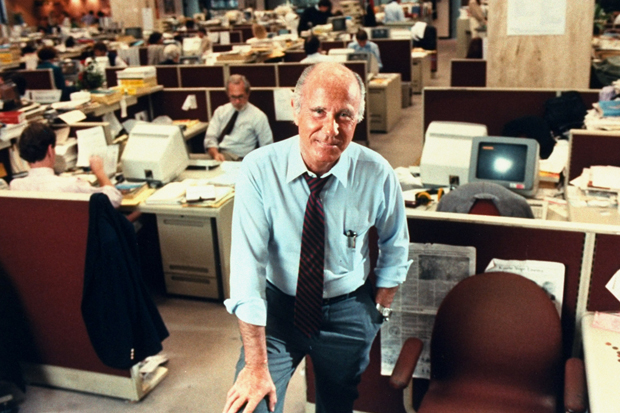

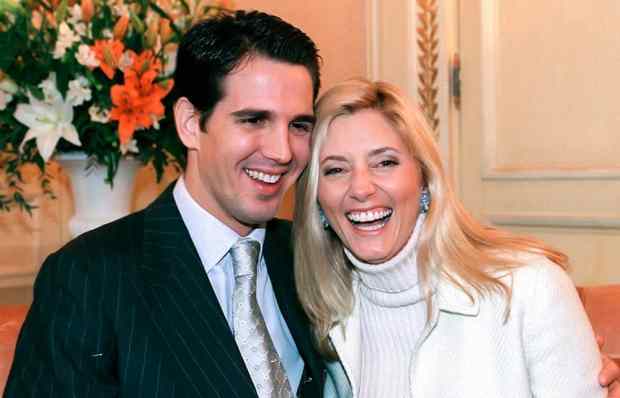

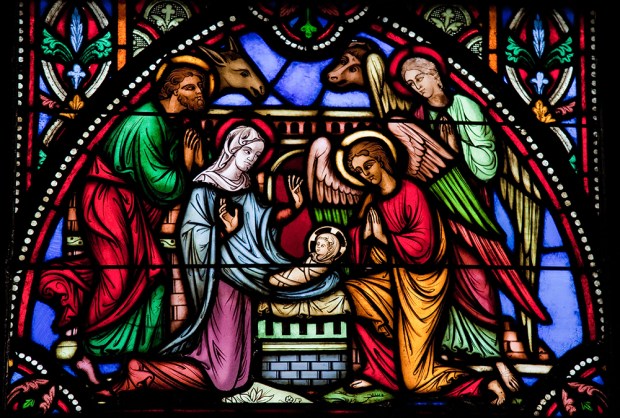
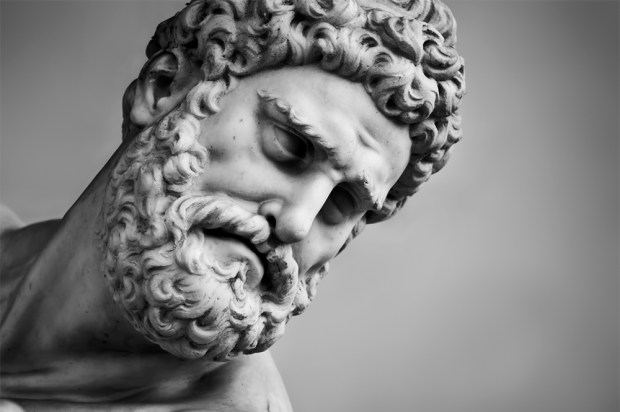
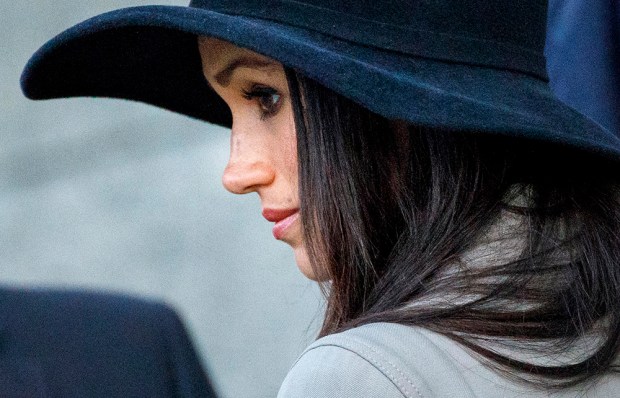






Comments
Don't miss out
Join the conversation with other Spectator Australia readers. Subscribe to leave a comment.
SUBSCRIBEAlready a subscriber? Log in